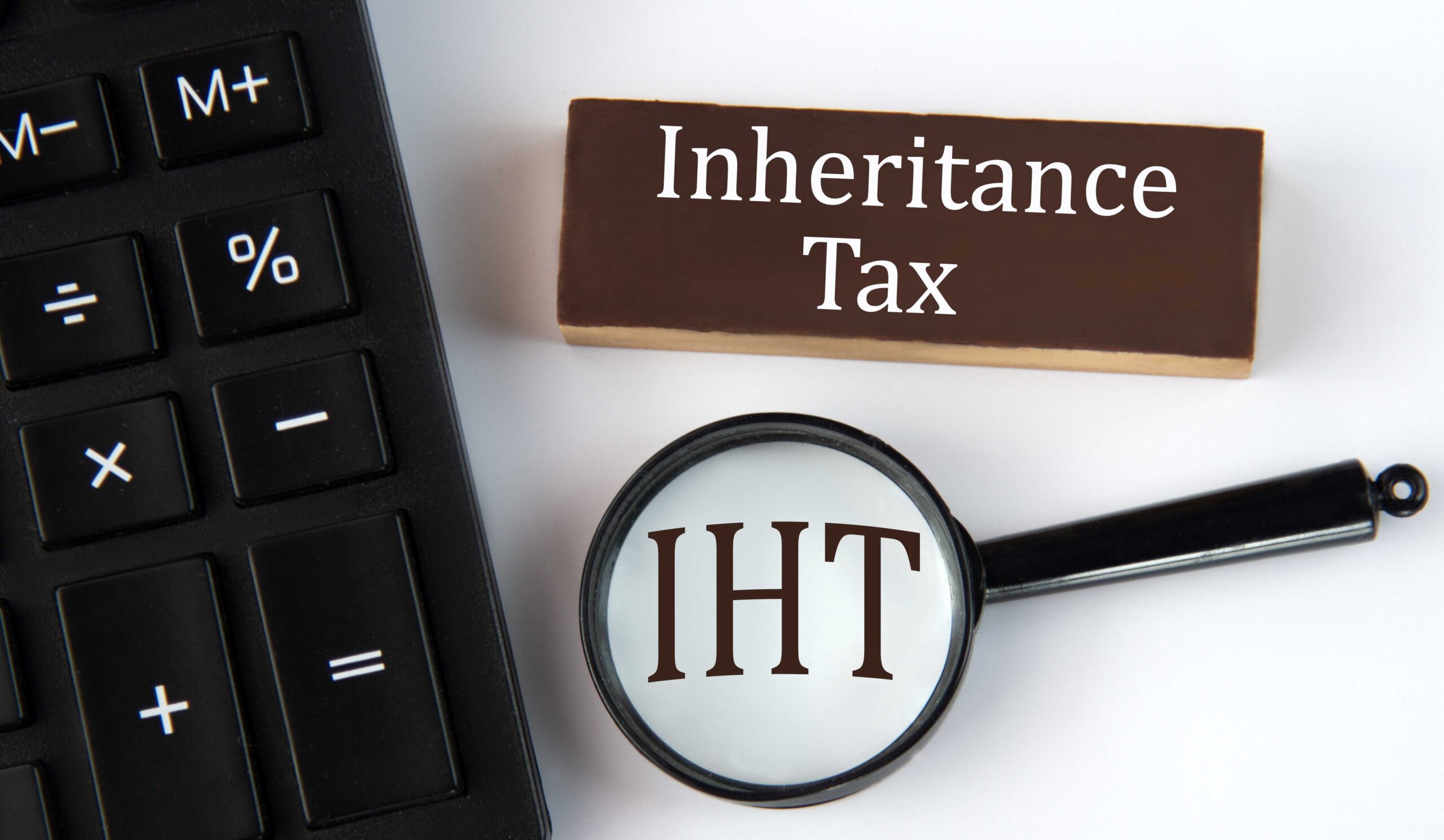
Inheritance Tax (IHT) mitigation is a common feature of many long-term financial plans, and a topic where our advisers often provide independent advice. It is perhaps unsurprising, given the increase in the number of estates now liable to IHT. HMRC recently announced that IHT receipts for the 2023-4 tax year had increased to £7.5bn, and with the changes to Agricultural and Business Relief and Pension Death Benefits announced in the 2024 Budget, this figure is likely to grow significantly.
Tailored advice is crucial
IHT is, in some respects, a voluntary tax, as actions taken through your lifetime can help reduce, or even eliminate, the amount of tax payable by your beneficiaries. Effective IHT planning does, however, require very careful planning to maximise the tax efficiency of any actions taken, and ensure that planning strategies do not have unintended consequences. It is important to note that IHT planning is an area where “one size does not fit all”. There are a range of options open to reduce your potential IHT liability; however, the most appropriate option or options for each individual’s circumstances is entirely dependent on the value and composition of financial assets, family situation and other factors such as your attitude to risk and health.
Considerations when gifting
Perhaps the simplest way to reduce the value of your potential estate is to gift assets to family members. Gifting is straightforward, and as the saying goes, giving with a “warm hand” can mean that the donor of the gift can see the positive impact of the gift made. With the pressures on family finances, and difficulties younger family members can encounter purchasing their first property or paying for further education, intergenerational lifetime gifting is becoming more commonplace. There are, however, important considerations when gifting, particularly when assessing your own need for funds in the future. If you needed long-term care, for example, you may regret gifting funds if this means you are unable to access the level or quality of care that you need in later life.
When making gifts, it is important to consider the type of gift you intend to make and to ensure that the gift is as tax-efficient as possible. Lump sum gifts above the annual exemption each year are deemed “potentially exempt transfers” where you need to live seven years from the point the gift is made to avoid a potential IHT charge on the gift. Gifts out of surplus income can avoid the seven-year clock; however, such gifts need to be made from income that is truly surplus over your expenditure, and gifts of surplus income need to be made regularly.
Gifting assets directly to family members may not be desirable. Often younger family members are below the age of 18, and gifting could also create issues for adult children who themselves may have an IHT problem. Gifting assets into trust may be a solution in such circumstances. Trusts can be powerful tools to protect family wealth; however, the tax regime applicable to trusts can be punitive, although the impact can be lessened by structuring trust investments sensibly to reduce both the tax burden and administration.
Keep control of your assets
Many people wish to retain greater control over their assets when considering IHT planning. Assets that qualify for Business Relief are an option that may be an appropriate way to reduce a potential IHT liability. Qualifying investments are likely to be outside of your estate for IHT purposes once they have been held for two years, although this assumes the investment is held until date of death and remains qualifying. The primary benefit of Business Relief solutions is that the investment remains in your name, and can be sold and accessed if the funds are needed for another purpose, for example long-term care or private surgery.
Another option to mitigate an IHT liability is to consider insurance options. A Whole of Life insurance plan, appropriately arranged, could provide funds that your executors can use to pay part or all the IHT due. This type of planning does, however, have drawbacks, as premiums can become more expensive in later life and need to be paid throughout your lifetime. It is also inflexible, as it cannot adapt to future changes in legislation or circumstances. Insurance can also be used to cover lump sum gifts made during your lifetime. Such policies cover the IHT payable on any lifetime gifts, and as the amount that needs to be covered tapers after three years, premiums are more affordable.
The role independent advice can play
IHT planning is an area that needs to be reviewed from time to time, to make sure that the measures put in place remain effective. Changes in circumstances, or an increase in the value of assets held, could mean that further planning is necessary. Even those who have undertaken IHT planning in the past may well need to revisit their plans in light of the changes to Agricultural and Business Relief from April 2026, and Pension death benefits from April 2027, either to arrange further mitigation, or amend existing arrangements as necessary.
Another key aspect to consider is the need for IHT planning to fit within a wider, comprehensive financial plan. There are often competing priorities in later life, such as income production, preservation of capital, tax efficiency and risk management. This is where working with an independent and holistic financial planning firm can help create a financial plan that takes into account your individual circumstances, and prepares a tailored strategy which aims to reduce your potential IHT liability, whilst taking other important financial planning considerations into account. Our experienced advisers can assess the potential liability to IHT, and provide holistic advice on the available options. Speak to one of the team to start a conversation.








